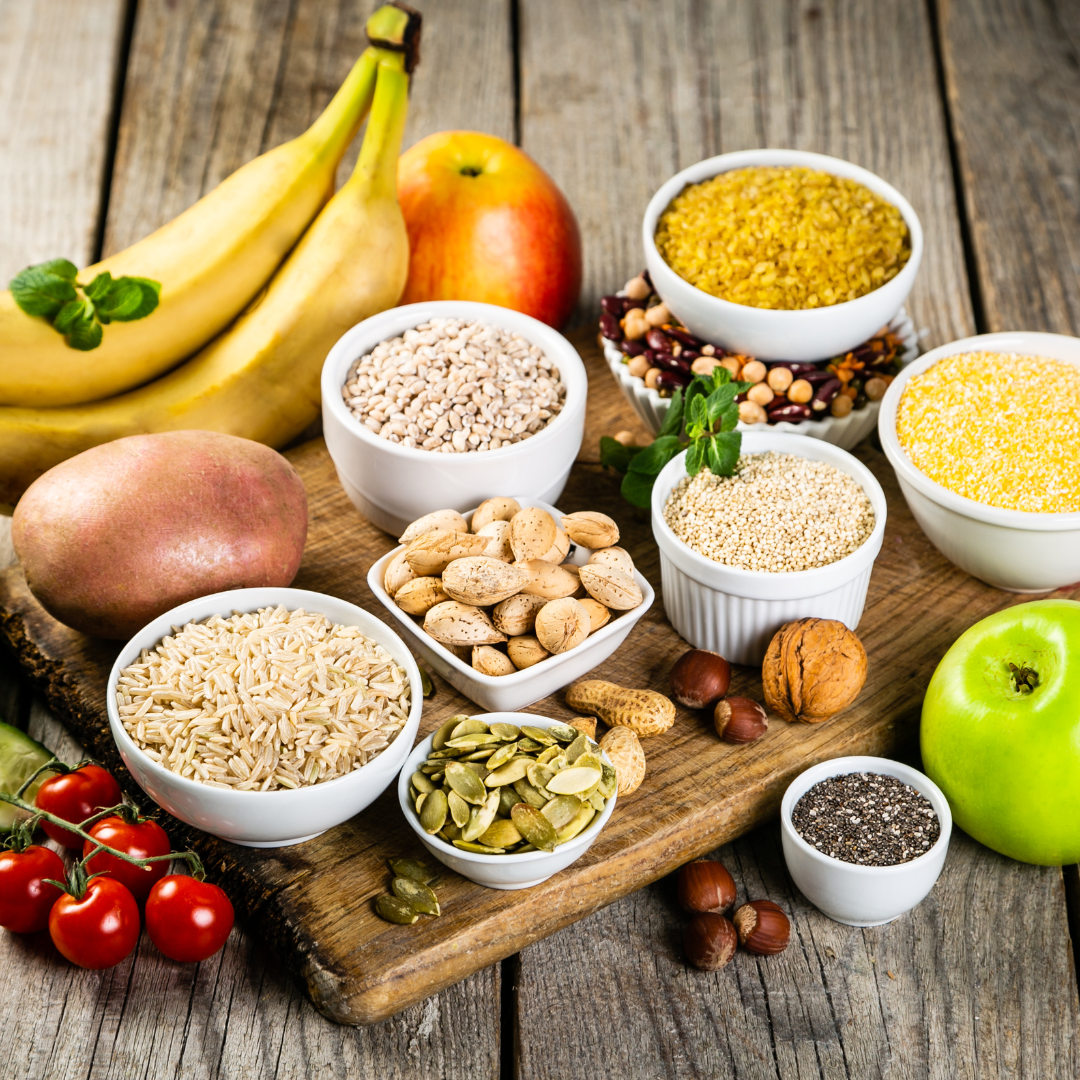Introduction
Diet plays a crucial role in managing knee arthritis. While it’s not a cure, eating the right foods can help reduce inflammation, support joint health, and alleviate pain. In this blog, we’ll explore how diet affects knee arthritis and highlight some of the best foods to include in your meals.
1. The Link Between Diet and Inflammation
Arthritis is an inflammatory condition, and inflammation plays a significant role in the pain and stiffness that come with knee arthritis. Certain foods have the ability to reduce inflammation, while others may promote it. By adopting an anti-inflammatory diet, you can help reduce joint pain and improve overall well-being.
- Anti-inflammatory foods: These foods contain compounds that help reduce inflammation in the body, making them beneficial for people with knee arthritis.
2. Foods That Help Fight Inflammation
Some foods are especially effective at reducing inflammation in the body. Here are some of the top anti-inflammatory foods you should consider adding to your diet:
- Fatty Fish (e.g., Salmon, Mackerel, Sardines): These fish are rich in Omega-3 fatty acids, which are known for their anti-inflammatory properties. Omega-3s can help reduce joint pain and stiffness associated with arthritis.
- Leafy Greens (e.g., Spinach, Kale): Packed with vitamins, minerals, and antioxidants, leafy greens help fight inflammation and support overall health. They are also a great source of vitamin K, which is important for joint health.
- Berries (e.g., Blueberries, Strawberries, Raspberries): Berries are rich in antioxidants, particularly anthocyanins, which can help reduce inflammation. They also contain fibre, which supports overall health.
- Nuts and Seeds (e.g., Walnuts, Flaxseeds, Chia Seeds): Rich in Omega-3 fatty acids, antioxidants, and fibre, nuts and seeds can help fight inflammation and improve joint function.
- Turmeric: This bright yellow spice contains curcumin, which has strong anti-inflammatory properties. Adding turmeric to your meals or drinking turmeric tea can help reduce inflammation in the knees.
- Olive Oil: Extra virgin olive oil is high in monounsaturated fats and contains oleocanthal, a compound with anti-inflammatory effects. It’s a great alternative to other cooking oils.
- Ginger: Ginger contains compounds called gingerols, which have natural anti-inflammatory effects. Adding fresh ginger to your meals or drinking ginger tea may help reduce arthritis symptoms.

3. Foods to Avoid with Knee Arthritis
Just as there are foods that reduce inflammation, there are also foods that may promote it. It’s essential to limit or avoid these foods to help manage arthritis symptoms:
- Processed Foods: Foods high in refined sugars, trans fats, and artificial additives can trigger inflammation and worsen arthritis symptoms.
- Refined Carbohydrates: White bread, pastries, and other refined carbs can cause spikes in blood sugar, leading to inflammation.
- Red Meat: Some studies suggest that consuming high amounts of red meat may increase inflammation due to its high saturated fat content.
- Fried Foods: Fried foods are often high in unhealthy fats and can increase inflammation in the body.
4. Hydration and Joint Health
Drinking plenty of water is crucial for joint health. Proper hydration helps maintain the lubrication of the joints, which can reduce friction and alleviate pain. Aim for at least eight glasses of water per day, and more if you’re active.
5. Diet is Only Part of the Picture
Ensure your knee is in optimum condition, by building strength, learning how to offload the knee with better biomechanics and many other things will also help you to reduce inflammation in the knee. I have a Full Rehabilitation Program for Arthritic Knees, the details are here if you are interested – take a look.
TOP TIP – Join me on my FREE Masterclass where I share strengthening exercises and teach you how to avoid and manage flare ups. This will make such a difference to your knee. Click here to learn more and enrol and I would love to see you there.
Conclusion
A Healthy Diet for Healthier Knees
Your diet has a direct impact on knee arthritis. By incorporating anti-inflammatory foods into your meals and avoiding those that promote inflammation, you can reduce pain, improve mobility, and support long-term joint health. Consider consulting with a nutritionist or healthcare provider to develop a dietary plan that complements your treatment for knee arthritis. Don’t forget diet is just a small piece of the puzzle when it comes to improving your arthritic knees – I’m here to help with the rest if you need.
Take care, Helen
Helen Manders BSc (Hons) MCSP HCPC
Chartered Physiotherapist
Treating Arthritic Knees Since 2001




